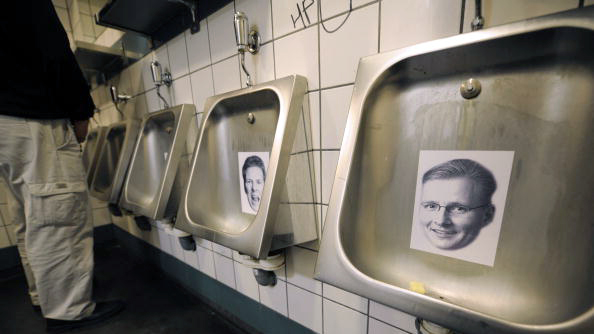Ask Ethan #112: The very, very end of the Universe
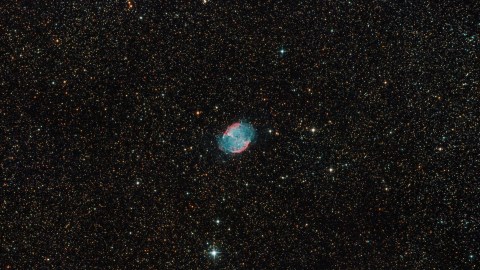
When everything passes away, what will be left?
“End? No, the journey doesn’t end here. Death is just another path, one that we all must take. The grey rain-curtain of this world rolls back, and all turns to silver glass, and then you see it.” –J.R.R. Tolkien
All of what we see, learn, and experience in the Universe will one day come to an end. Not only must all of us someday face our own demise, but the stars themselves will all burn out, the galaxies will die, and even matter itself may someday cease to exist. Of all the Ask Ethan submissions that were sent in, I was particularly moved by that of Gary Thomas, who’s losing sleep at night over the following:
I came across your blog when trying to find answers and some comfort. I am 47 years old and some time ago developed a fear of the and of the world and then the Universe. […] I know it won’t affect me or anyone for millions of years to come but its scares me to think all we have done and all the beauty in the world will some day be gone.
And this, perhaps, is a truth about the Universe we all owe it to ourselves to face.

I suppose it’s not a necessity; for everything that exists today will cease to exist at some point in the future whether we think about it or not. But for many of us, it’s something we can’t help but think about. So let’s go all the way. Let’s tell the entire cosmic story of how we got here, of our far future, and what it all means. And let’s not hold anything back as we do.
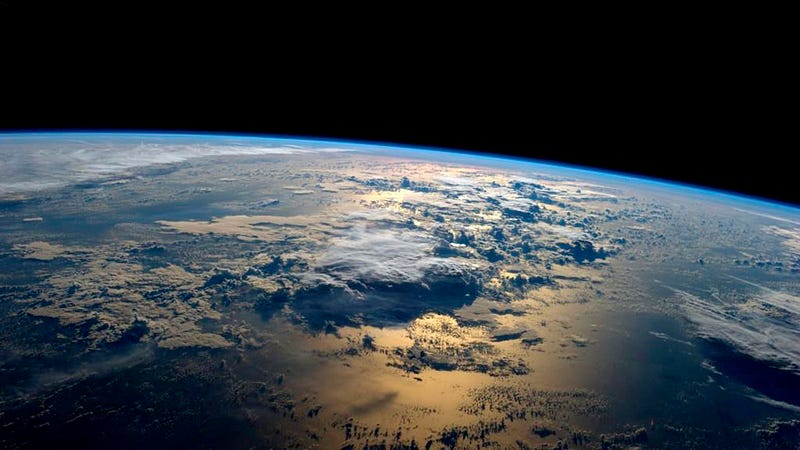
Whether you think this world — this Earth, this life, and the lives of everything that’s ever lived — is beautiful or not, one thing is for certain: it is. It’s real, it exists, and it’s a part of reality that’s very, very intimately connected to each and every one of us. In order for any of us to exist today, it took the entire Universe to unfold as it did. In many ways, this unfolding of events was predictable:
- The Universe, after emerging at the end of inflation from a hot, dense, matter-and-radiation-filled state, expanded and cooled dramatically.
- Protons and neutrons formed, then atomic nuclei, and then neutral atoms.
- The gravitational overdensities grew, giving rise to dense molecular clouds that eventually formed the first stars.
- These stars burned through their fuel and died, recycling heavy elements into the Universe, and giving rise to subsequent generations of stars with complex molecules and rocky planets around them.
- And as time went on and on, mergers, interactions and continued star formation gave literally billions of chances at life in the Universe in each and every Milky Way-sized galaxy.
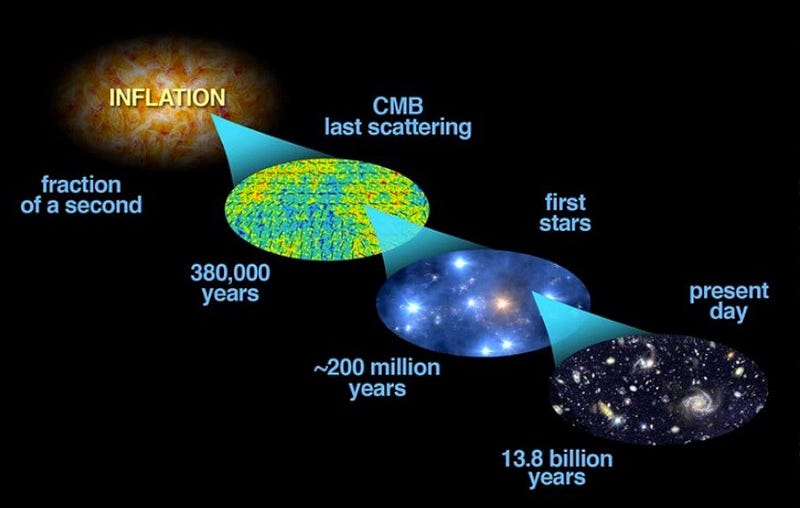
But our existence also required events to unfold in a number of highly improbable (but not impossible) ways in order for every one of us to have these brief moments of life.
- The fundamental constants and the physical laws that govern the Universe needed to exist in such a way that all of this was possible.
- The star-forming region that gave rise to our Sun needed to have the right evolutionary history to create a rocky world of sufficient mass at the right distance to support the life processes we know.
- The seeds for life needed to take hold, with evolution unfolding exactly as it did at every step along the way, to give life to you, with your mind, your body, and your “youness,” however you define it.

It took 13.8 billion years and countless chance occurrences to give rise to you. You were completely unaware of all of it until the moment of your birth; you were neither happy for all that was occurring that would allow you to be, nor were you sad for all the aeons that passed where you didn’t get to experience the Universe. The Universe doing what it does is exactly what it was like for you to not exist.
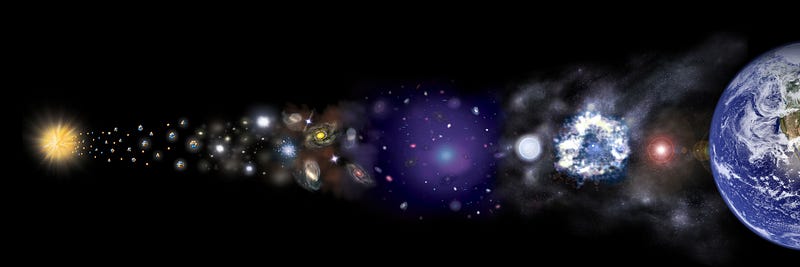
Existence itself is a troublesome concept as well. Are you no more than the sum of all the particles that make you up? Well, that can’t really be your true, full identity, could it? Because you certainly existed 10 years ago (if you’re reading this), and yet absolutely none of the atoms that make your body, mind, bones and muscles up today were present in your body a decade ago. The particles that make you up are completely replaceable, and yet you’re still you.
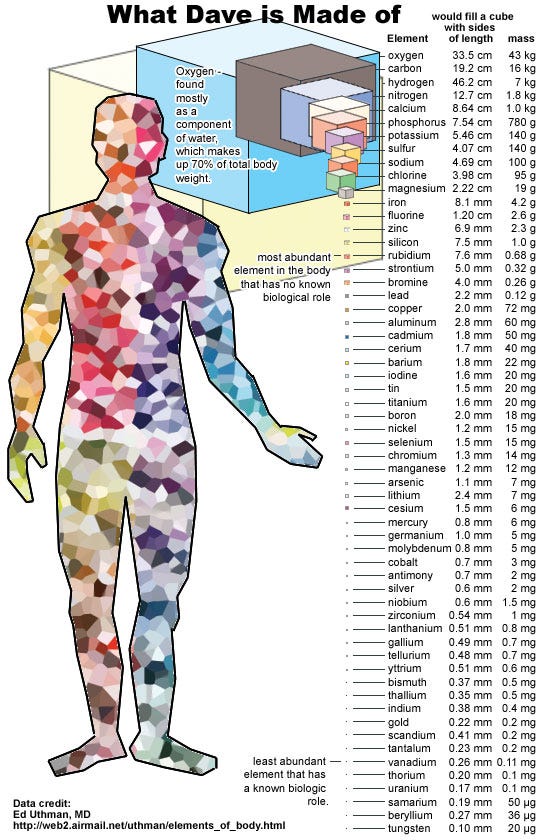
Yet, if each one of us were to drop dead this very instant, the particles making us up after the moment of death would be identical to the ones making us up at the final moments of our life. Just as the atoms that make you up now went through innumerable incarnations as the components of other living creatures (and inorganic materials as well), they will someday go on to be components in other living beings, as many of the atoms that were once present in your body already have.
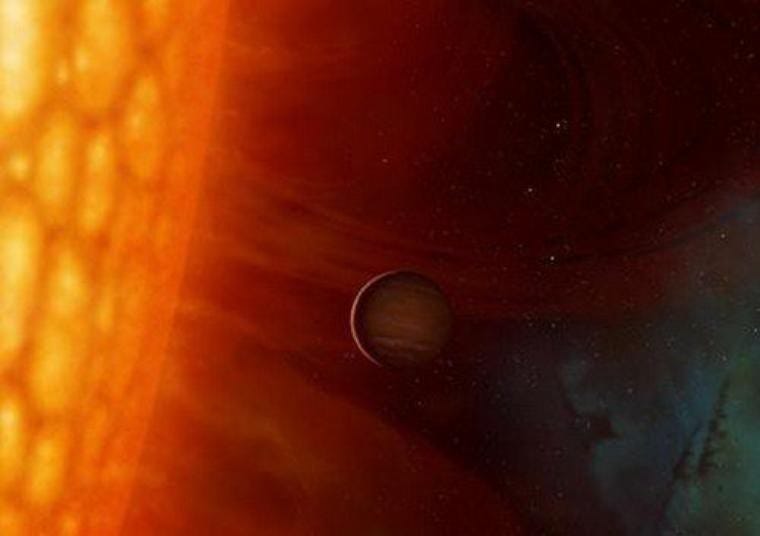
And yes, life on this Earth will someday come to an end. In the far future of the Solar System, the Sun will get too hot for the Earth to possess liquid water on its surface; the oceans will boil away. After that, the Sun itself will expand into a red giant, blow off its outer layers and contract down into a white dwarf: a stellar corpse. While there are many, many subsequent generations of stars that are yet to form — a process that will continue for many thousands of times the present age of the Universe — at some point, the available fuel for new stars will be gone.
Beyond those timescales, the stars will one-by-one be ejected from all the remaining galaxies, left to wander the infinite abyss between the cosmic island Universes. Except for the quantum motion inherent to atoms themselves, everything will cool to an arbitrarily close-to-absolute-zero temperature. And on even longer timescales, black holes themselves will evaporate, giving rise to a frozen, empty cosmos.
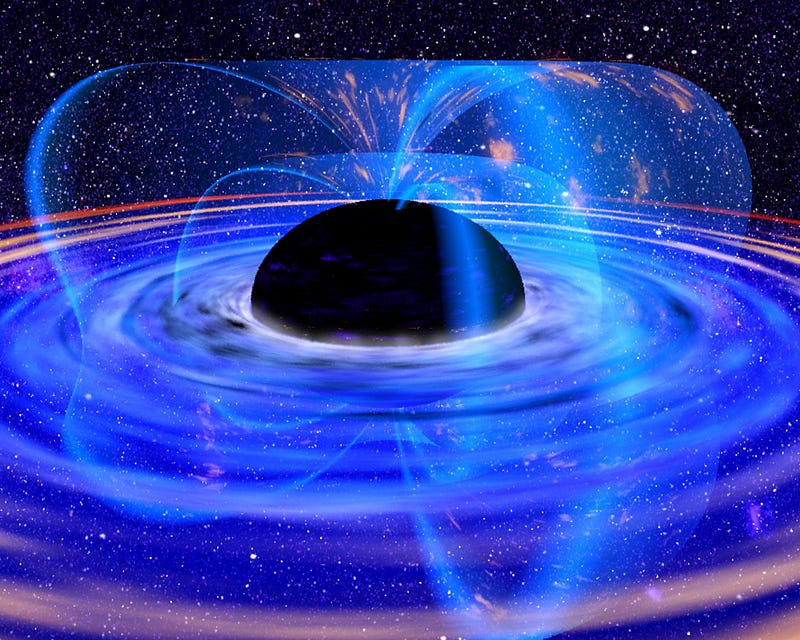
This is known as the “heat death” of the Universe. While there are other speculative possibilities, such as the Big Rip (where dark energy increases over time), the Big Crunch (where something causes the Universe to recollapse), a cyclic model (where a series of bangs-and-crunches occur), or a new phase transition that enables new material to be created, the heat death (also known as the Big Freeze) appears to be what the data of the Universe favors at the present time.
That’s the story the Universe tells us about itself, at least so far. That’s the best story we’ve been able to piece together about where we are, what we are, and what the fate of everything is likely to be.
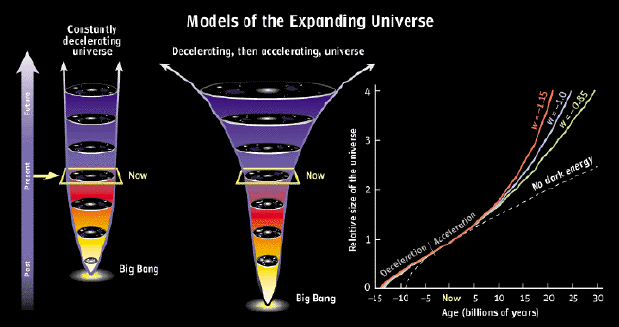
Does it make you sad to know this? To think about it?
It may; I can’t control how you feel.
But it doesn’t make me sad anymore.
Because, you see, death is not this infinite abyss of darkness, this terrifying black nothingness, or something to live in fear of.
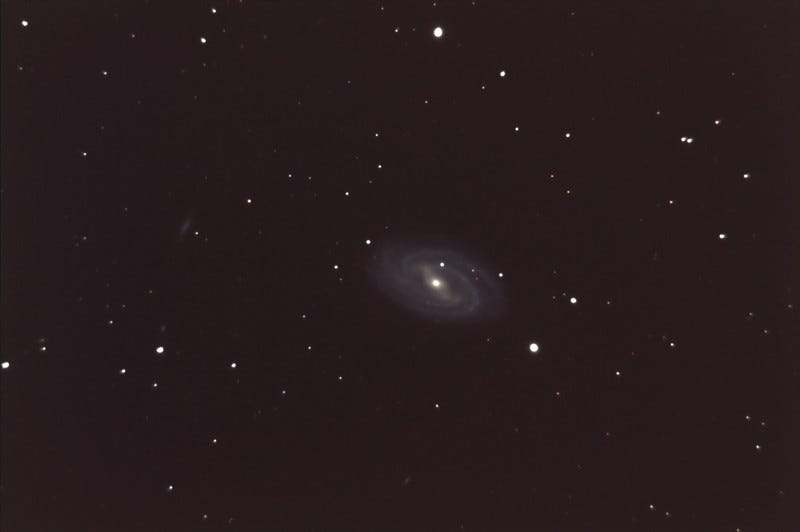
The act of non-existence — for something that once existed to once again not exist — is a return to its natural state: nothingness. It’s terrifying to us if we think of nothingness as the absence of something good, but I prefer to think of nothingness as the nothingness of space, which itself is the entire Universe.
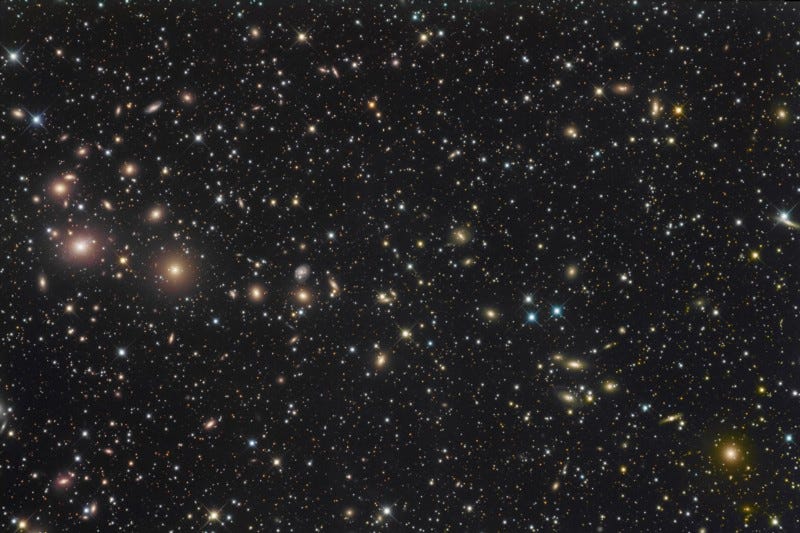
All of existence is contained within this void: within the confines of space and time. As far as we know, space-and-time and everything within it does exactly what it does in perfect accord with all the laws of the natural Universe. Including you. How you feel about it is up to you, but I don’t think it’s something to be afraid of. I think it’s something to confront, just as we’d confront any other truth about our existence.
And our physical existence is limited: it’s limited in time by our lifespans, just as the lifespan of everything we know of is limited in that fashion. It’s limited in space by how far we can reach, see or perceive, and that’s true for everything that’s ever existed as well. And yet, the Universe as a whole appears to be without limit, though it may be finite in space or time (or both), simply in a fashion that’s well beyond what we can observe.
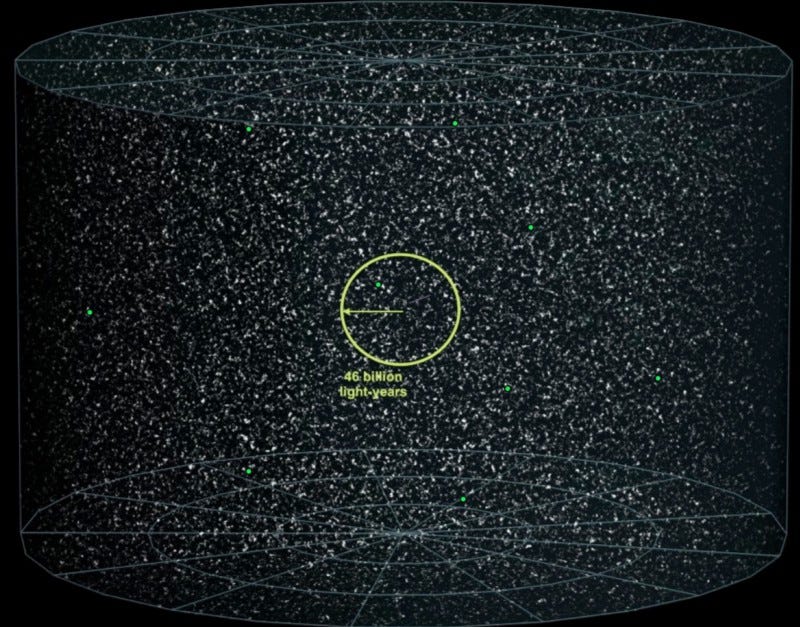
So it’s up to you what you make of it. You may despair, but I see nothing desperate about our situation at all. For right now, after billions of years of not existing, we get to be alive. For a brief moment in the grand scheme of space and time, we get to choose what we do, and how we impact everything we come into contact with. None of it will last forever — as nothing that’s known lasts forever — but that doesn’t mean we can’t make the most of the time that we do have.
No matter what it is that’s left when everything we know passes away, you and I will have been a part of it, and the legacy of our existences will be written on the fabric of spacetime, incapable of ever being erased. And all the energy that was ever a part of your body, your mind, and your youness? It’s always existed in our Universe, and as far as we can tell, it always will.
Have a question or suggestion for Ask Ethan? Submit it for our consideration.
Leave your comments at our forum, and if you really loved this post and want to see more, support Starts With A Bang and get some rewards on our Patreon!





